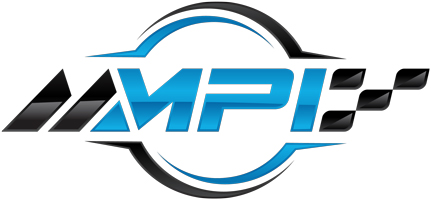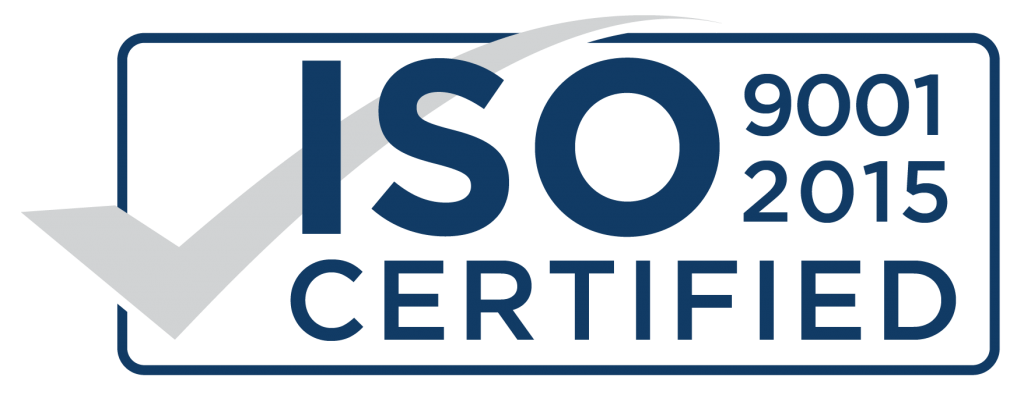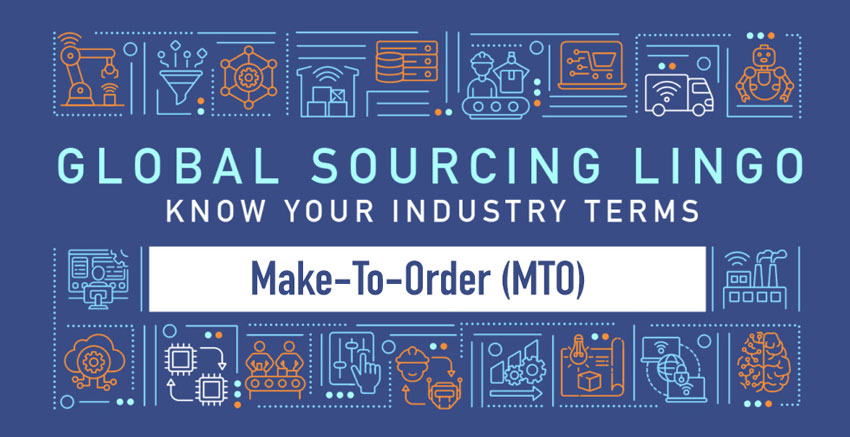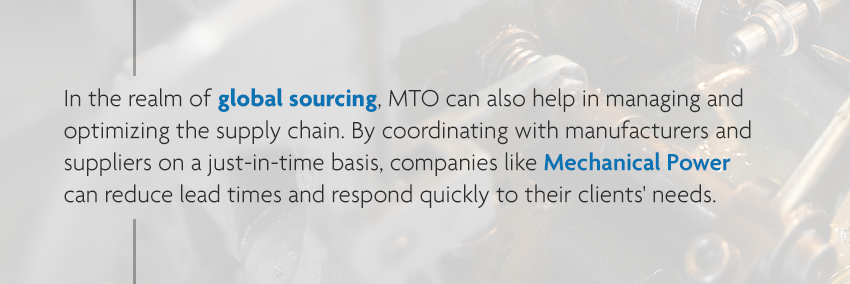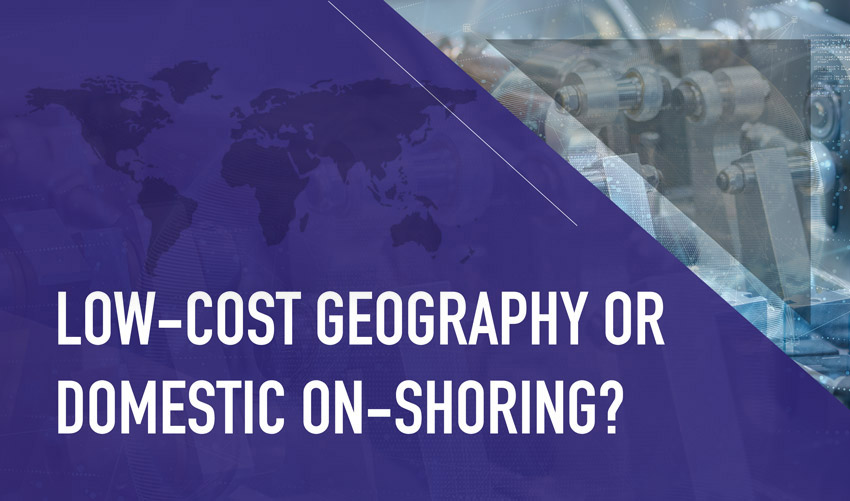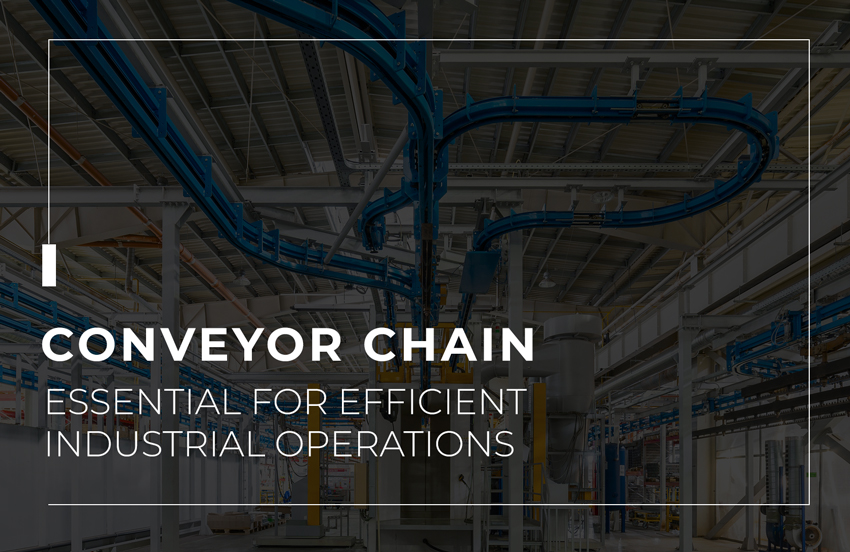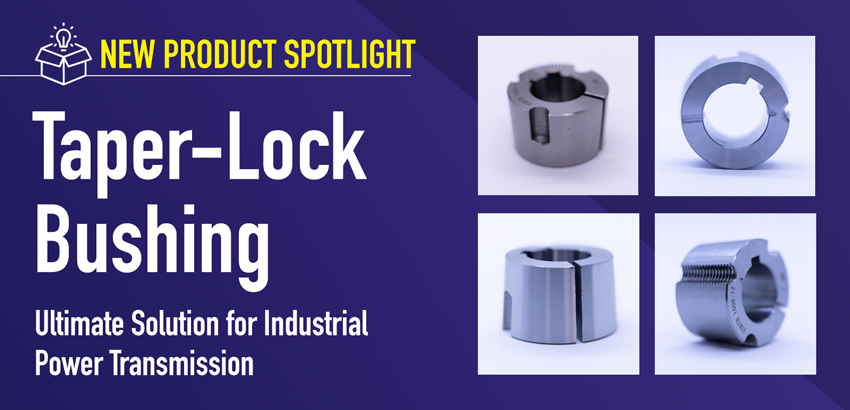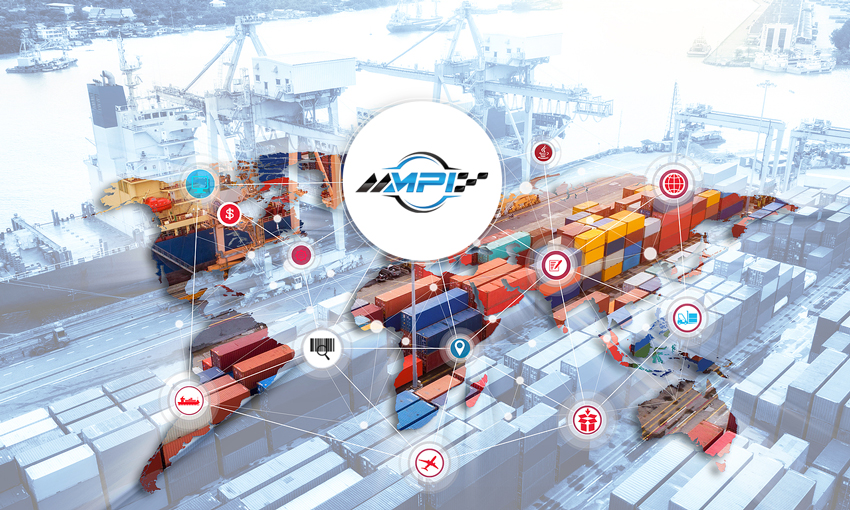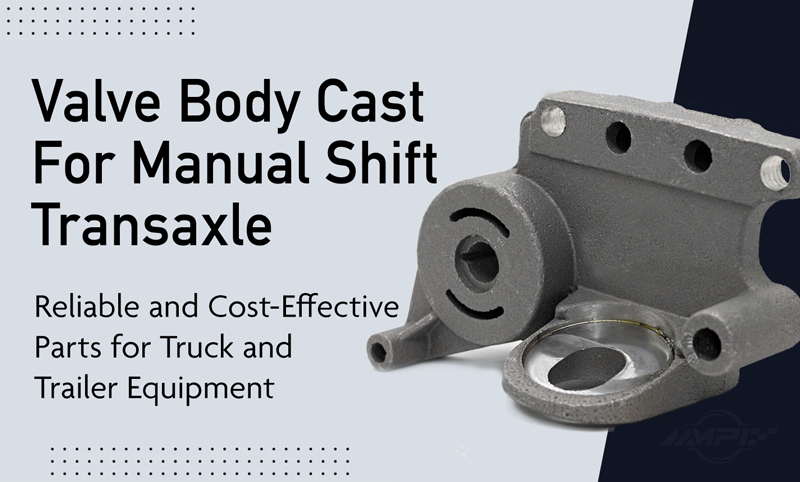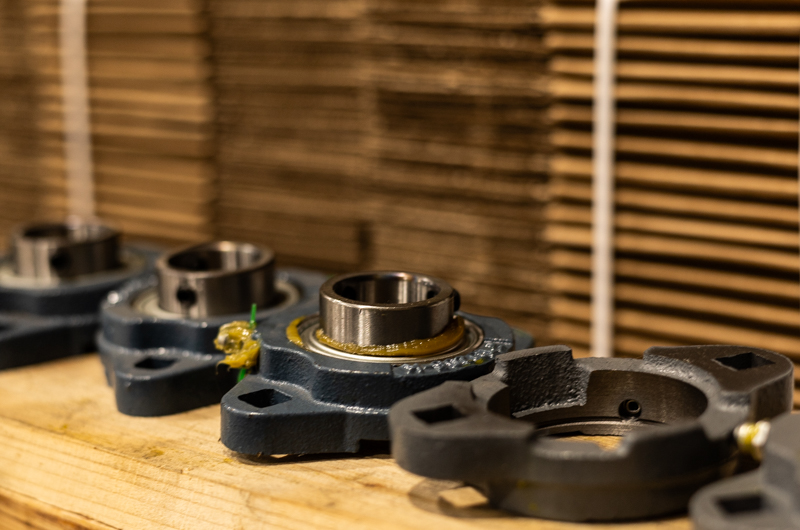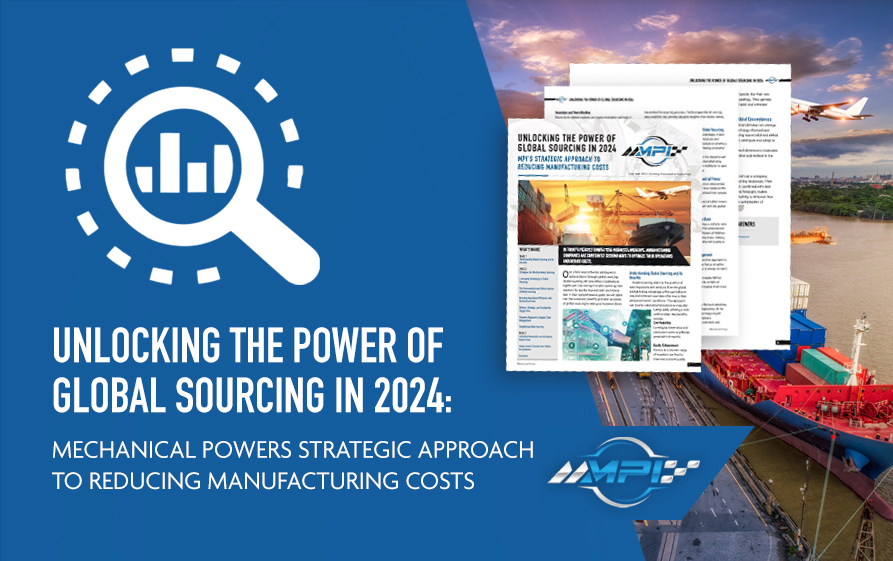Make-To-Order (MTO) is a manufacturing and production strategy in which products are only manufactured or assembled once a customer places an order.
In this approach, companies do not produce goods in advance and keep them in inventory; instead, they wait for a customer’s order before initiating the manufacturing process.
MTO is often used in situations where products are highly customizable or have unique specifications that make them difficult to mass-produce and stock in advance.
This approach helps companies reduce carrying costs associated with excess inventory and minimizes the risk of producing goods that might not be sold.
Here’s how the MTO process typically works:
Order Placement
A customer places an order for a specific product or configuration.
Manufacturing Initiation
Once the order is received, the manufacturing process begins. This may involve assembling components, customizing the product, or creating it from scratch, depending on the nature of the product.
Production Lead Time
The time it takes to complete the manufacturing process is known as the production lead time. This can vary based on the complexity of the product and the production capacity of the company.
Order Fulfillment
After the product is manufactured, it is shipped to the customer.
Make-To-Order can offer several advantages, including reduced carrying costs, minimal waste, and the ability to offer highly customized products to customers. However, it also comes with challenges, such as longer lead times and the need for efficient order management and production scheduling to meet customer demands.
This approach is often contrasted with Make-To-Stock (MTS), where products are produced in advance and kept in inventory for immediate delivery. The choice between MTO and MTS depends on the specific industry, product type, and customer demand patterns.
It’s not uncommon for companies like Mechanical Power, which specialize in global sourcing for industrial parts and components, to frequently utilize the Make-To-Order (MTO) manufacturing practice. This is particularly relevant in the industrial sector, where components and parts often need to be tailored to specific requirements.
In the realm of global sourcing, MTO can also help in managing and optimizing the supply chain. By coordinating with manufacturers and suppliers on a just-in-time basis, companies like Mechanical Power can reduce lead times and respond quickly to their clients’ needs.
However, it’s crucial for a global sourcing company like Mechanical Power to have efficient communication, production scheduling, and supply chain management to ensure smooth and timely order fulfillment when using the MTO approach.

Resourceful and innovative Marketing Pro, with 20+ years of progressive experience in the marketing and creative technology industry. Responsible for digital and traditional marketing efforts that promotes brand awareness, increases engagement, and drives revenue.
